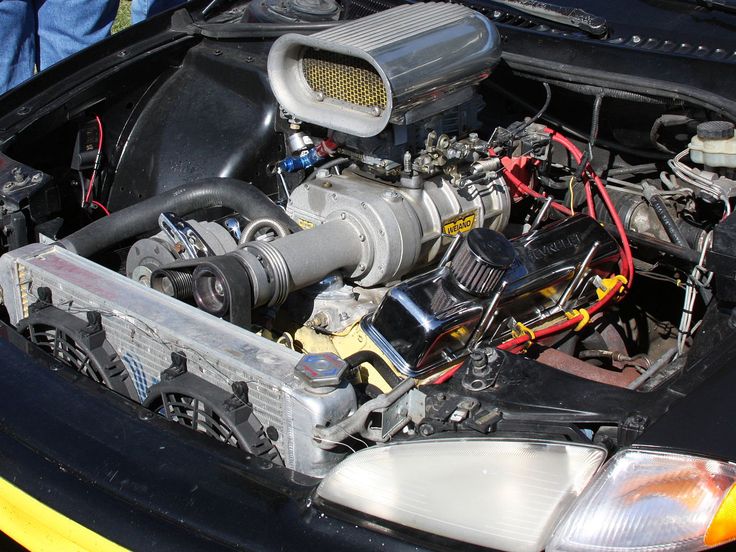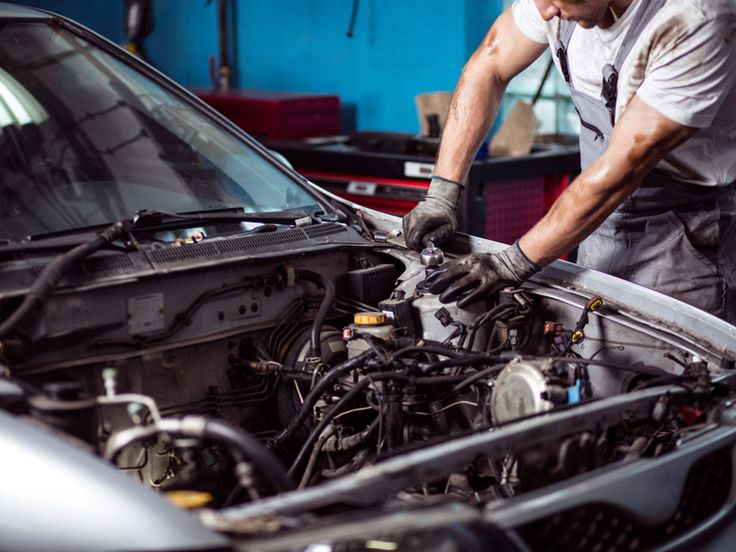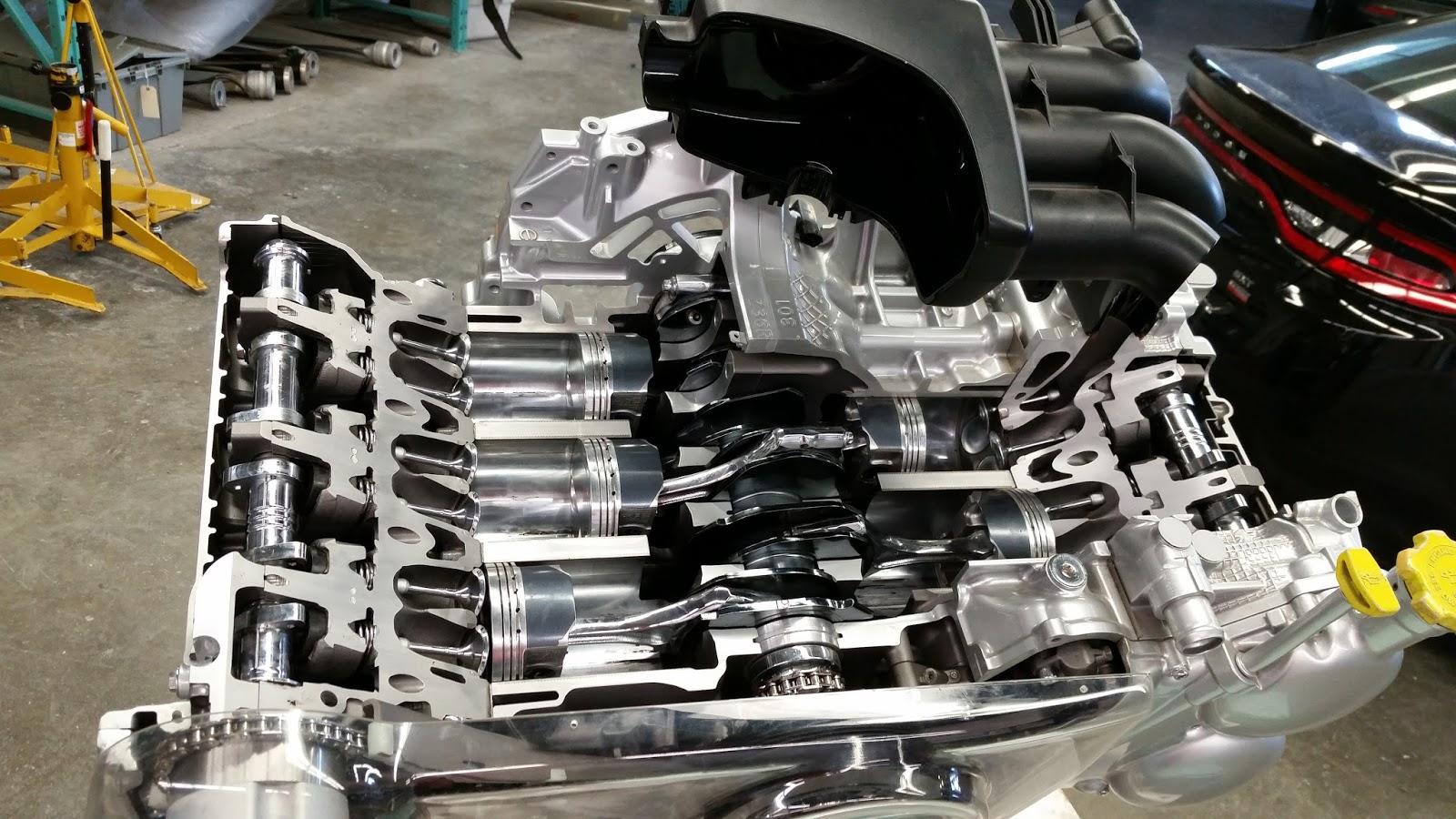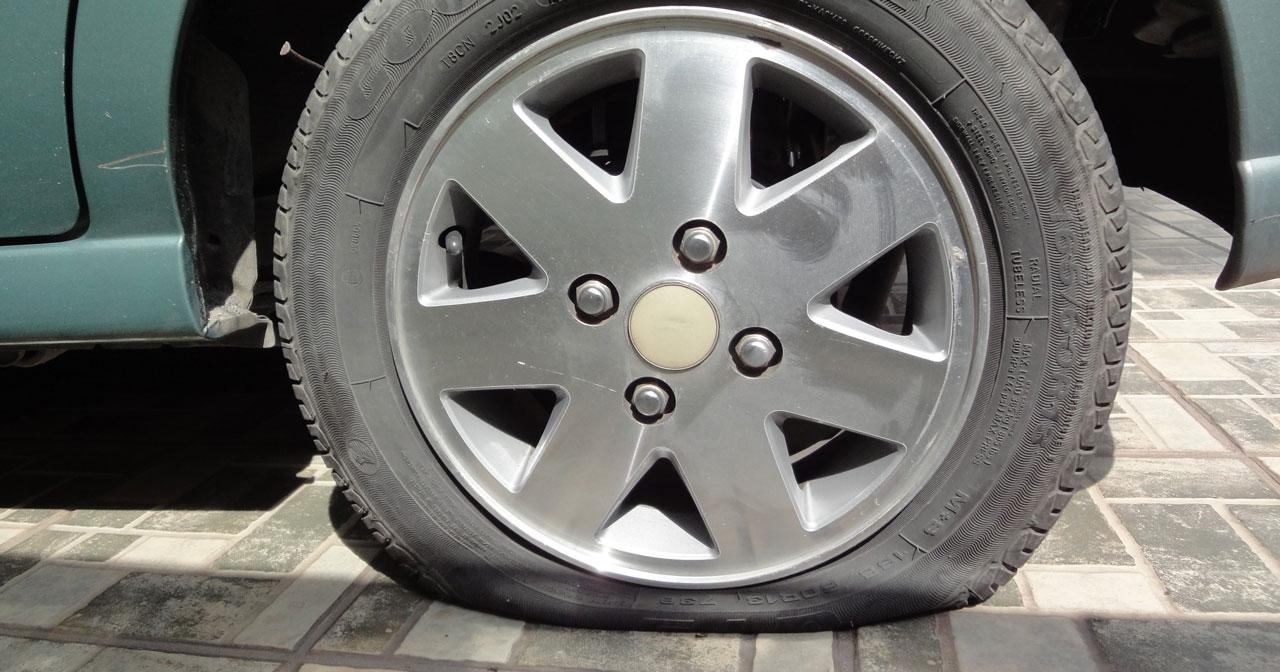6 Common Problems After Engine Replacement You Shouldn’t Ignore
When your car engine is beyond repair, replacement is one of the best solutions many drivers think of instead of buying a new car. However, there are still some issues that usually happen after the engine-swapping process. Let’s dive into and find out 6 common problems after engine replacement you can probably experience.
When Does Your Car Need A New Engine?

Over time every part of your car will start to have the damage signs or wear and tear. The car engine is not an exception. No matter how powerful the engine may seem, it will be a time when your engine can’t work anymore and needs a replacement. A simple sign to know when we should replace the engine is based on the mileage of your car. For older engines, the average lifespan of an engine is about 5-7 years or about 100,000 – 130,000 km. While in the new engine, you can expect a larger number about 20000 miles before you need a new one.
Apart from the miles, when detecting any symptom of wear and tear on the parts of your engine, you also need to consider replacing it with a new one. As a natural process, when the car engine operates, the components will be gradually worn down and decrease the efficiency and performance. At that time, replacing a new engine will be the solution drivers can choose If the rest of the car still is mechanically in good condition although the replacement cost can be expensive. But compared to the cost of buying a new car, many people still choose this method.
>> Read more: How To Make Your Car Engine More Efficient And Last Longer
6 Common Problems After Engine Replacement Probably Occur
Engine replacement is a complex process, and sometimes will have unwanted problems that can happen. Below we will list the common issues after engine replacement you shouldn’t ignore:
Your car does not start
Your car won’t start after the engine replacement. Don’t worry! because it’s one of the most common problems many drivers experience. The reason can come from a compression issue (due to a faulty timing belt or an error in the ignition timing while you rebuild the car engine). In this case, you can ask the mechanic to use a compression test gauge. Additionally, the problem can be due to the spark plugs, you should check the spark plugs whether they are fouled with dirt and carbon. If yes, you should replace or clean it before this part can affect the ignition process of your car.
Strange smoke
Unusual smoke coming from the rear of the vehicle is another common phenomenon after replacing your car engine. Drivers can guess the seriousness of the problem by observing the color of the smoke. Black smoke indicates that the vehicle is operating with an excess of fuel and air mixture (excess gas, oil). Causes of this phenomenon can come from dirty and clogged air filters not providing enough air to reach the correct mixture ratio, damaged carburetor, stuck valve, a faulty spark plug that does not burn emissions…If the engine is burning with lubricating oil and there is a leak, you will see blue smoke. If not repaired, your car will consume a lot of oil, and engine parts will be damaged.
Unusual noise
Depending on each vehicle, the sound of the internal combustion engine is loud or smooth. However, strange noises in your vehicle after swapping a new engine will sometimes have potential problems when there is a sound such as knocking, or clicking …The lack of oil or too dirty oil will cause strange noises by hindering the operation of the handwheel, camshaft… At that time your new engine may be damaged if the driver does not check and fix it in time.

Overheating
The temperature gauge or temperature indicator lights are on all models of both old and new vehicles. When the engine starts normally, the clock hands from the starting line will gradually increase to the middle. If the clock hand quickly peaks while the vehicle is operating, the user should understand that the engine is not working properly, and the engine temperature inside is too hot. In this case, the driver should not let the car continue to operate, otherwise, the engine might explode and cause serious damage.
It is best to turn off the car for a while to let the engine cool down before starting again. Then, quickly take the car to the repair place to diagnose the reasons. Most of the reasons for car overheating are related to the engine radiator, such as clogged water pipes, cooling tanks, and radiator fans not running…
Electrical problems
Faulty sensors, blown fuses, or other issues related to the electrical system are the common problems that can likely occur after replacing an engine for your car. As we know the replacement process will involve reconnecting and disconnecting the electrical parts. If we don’t make this process properly, it can affect the car’s electrical system.
Changing the color of spark plugs
Color-changing spark plugs are only relevant to gasoline engines. Through the color of the spark plug tip, you can guess whether the engine performance is good or not. Spark plugs that are dry black or wet black indicate a problem with the fuel injected into the combustion chamber, usually due to a dirty, clogged air filter, faulty spark plug wire, or worn pistons…When the engine overheats, the spark plugs will turn white. The reason for the problem may come from unsuitable ignition timing, the engine’s cooling system malfunctions, and a lack of fuel…
Watch this video to know more:
Is It Worth Replacing An Engine For Your Car?
It can be seen that if the engine replacement process is not made correctly, it will lead to a number of consequences. And even when we replace a car engine with a new one, it doesn’t mean this method can fix all the problems. So is it worth swapping the engine or does replacing an engine increase the value of a car?
You should know that the engine replacement will only fix the problems related to the car engine and it can’t repair other issues such as brake issues, a bad alternator, a transmission problem, or a wiring system. So before making the decision to replace the car engine, you should consider the engine’s condition. If your car is quite new and just has minor damage to the engine, repairing your engine could be a cost-effective method, however, if your car is older and has serious damage, you can think about replacing an engine because it’s not cheap for you to have the engine replaced. The cost will range from $4000 to $10000 for a new engine. Additionally, if you are planning to sell your car, replacing a new engine can somehow increase the overall value of your car but it’s not considerable.














